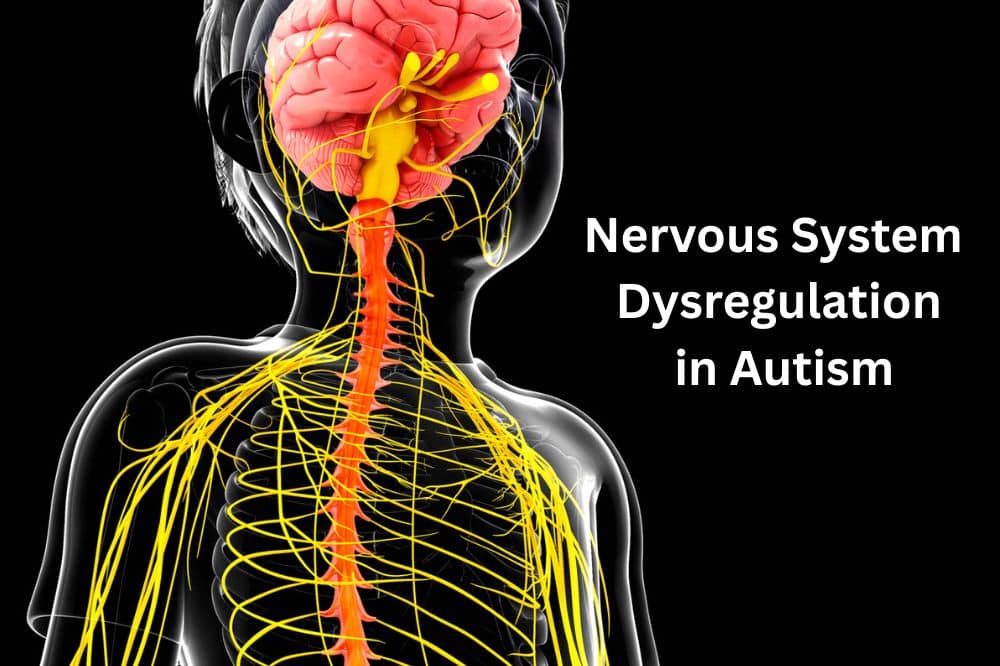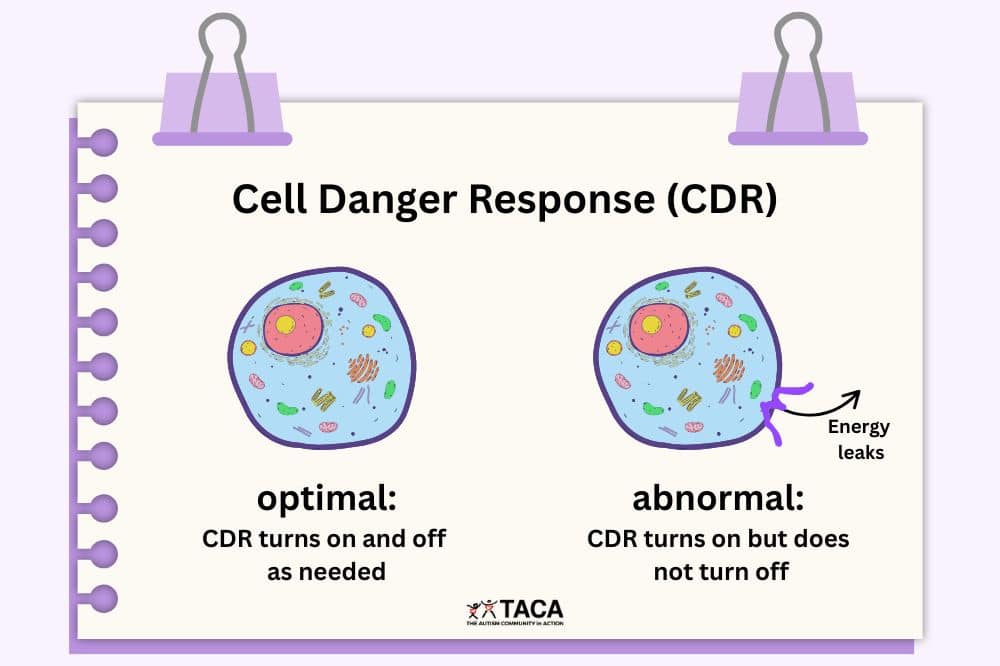Supporting Siblings

All contents of this resource were created for informational purposes only and are not intended to be a substitute for professional advice, diagnosis, or treatment. Always seek the advice of your physician, therapist, or other qualified health providers with any questions or concerns you may have.
As a parent, navigating the world of autism can be a challenging journey. While every moment spent advocating and supporting your autistic child is undeniably valuable, it’s important to recognize the unique needs and experiences of their neurotypical siblings. These siblings often find themselves in the shadow, feeling overlooked or burdened with responsibilities they might not fully understand.
The Unique Challenges for Siblings
- Feeling Overlooked: With the substantial attention and resources that a child with autism might require, siblings can sometimes feel left out or less cherished.
- Resentment: Over time, ignored feelings can cultivate resentment toward the autistic sibling or even the parents.
- Future Responsibilities: The anticipated obligation of taking care of their sibling in adulthood can weigh heavily on their minds.
- Coping with Aggressive or Inappropriate Behaviors: It can be difficult for a child to understand and deal with erratic or socially inappropriate behaviors displayed by their sibling.
- Embarrassment: Some siblings may feel embarrassed about their autistic sibling’s behavior, especially in public settings or among friends.
- Overprotectiveness: They might become overly defensive or protective, sometimes to the point of sacrificing their own social lives or well-being.
- Isolation: They could feel isolated from their peers, feeling that no one else understands their family dynamic.
- Guilt: Even amidst feelings of resentment or jealousy, guilt might arise for having these feelings in the first place or for any negative thoughts toward their sibling.
- Pressure to be Perfect: To compensate for the challenges their parents face, they might feel the pressure to be the “perfect child,” avoiding causing any additional stress or problems.

Tips for Fostering Healthy Relationships
- Open Conversations: Start by initiating regular family meetings. In these gatherings, every member, including siblings, should have the chance to express their feelings, concerns, and aspirations. Moreover, it’s crucial to reassure them that experiencing a range of emotions is natural. Consequently, they shouldn’t be overly critical of themselves. Ultimately, this approach fosters a platform for understanding and mutual respect.
- Individual Attention: Dedicate separate quality time for each child. Whether it’s a simple day out, a movie night, or attending an event they’re passionate about, it can make a massive difference in making them feel valued.
- Family Togetherness: Find activities that the whole family can participate in and bond over. Encourage all siblings to support each other in their hobbies and interests.
- Educate and Empower: Equip your neurotypical child with knowledge about autism. Understanding the “why” behind behaviors can foster empathy and patience. Give your child simple explanations they can offer to peers or others if situations arise. Consider role-playing scenarios with them to boost their confidence in such situations.
- Counseling and Support Groups: Support groups can provide a safe space for brothers and sisters to share their feelings with peers in similar situations. They can learn coping strategies, make friends, and realize they’re not alone. Additionally, individual or family therapy can help keep communication open and support the whole family.
- Establish Boundaries: Just as you would in any sibling relationship, ensure there are clear boundaries. If the child with autism has aggressive behaviors, create a safe space for your other children and teach them to communicate their feelings.
- Teach Advocacy: Encourage siblings to stand up for their brother or sister in public settings. This not only strengthens their bond but also teaches them valuable life skills like assertiveness and empathy.
- Reiterate Your Love: It might sound simple, but consistently assuring your child of your love and pride can make a world of difference. Words of affirmation can combat feelings of neglect.
- Plan for the Future: Talk openly about future arrangements. Reassure your children that while their support would be cherished, they shouldn’t feel forced into a caregiving role. Look into long-term care options, trusts, and other support systems.

Conclusion
Recognizing and validating the experiences of siblings is important. Furthermore, it’s equally crucial to create an environment where the entire family can bond and grow together. Additionally, frequently check in with siblings in order to understand their evolving feelings and needs. In fact, their emotional well-being is as vital as that of their sibling on the spectrum. By proactively addressing their specific challenges, not only will you be fostering an inclusive atmosphere, but you will also be promoting a more understanding family environment. Granted, the journey will have its challenges; however, with mutual respect, understanding, and concerted effort, achieving a positive family dynamic is certainly within reach.




